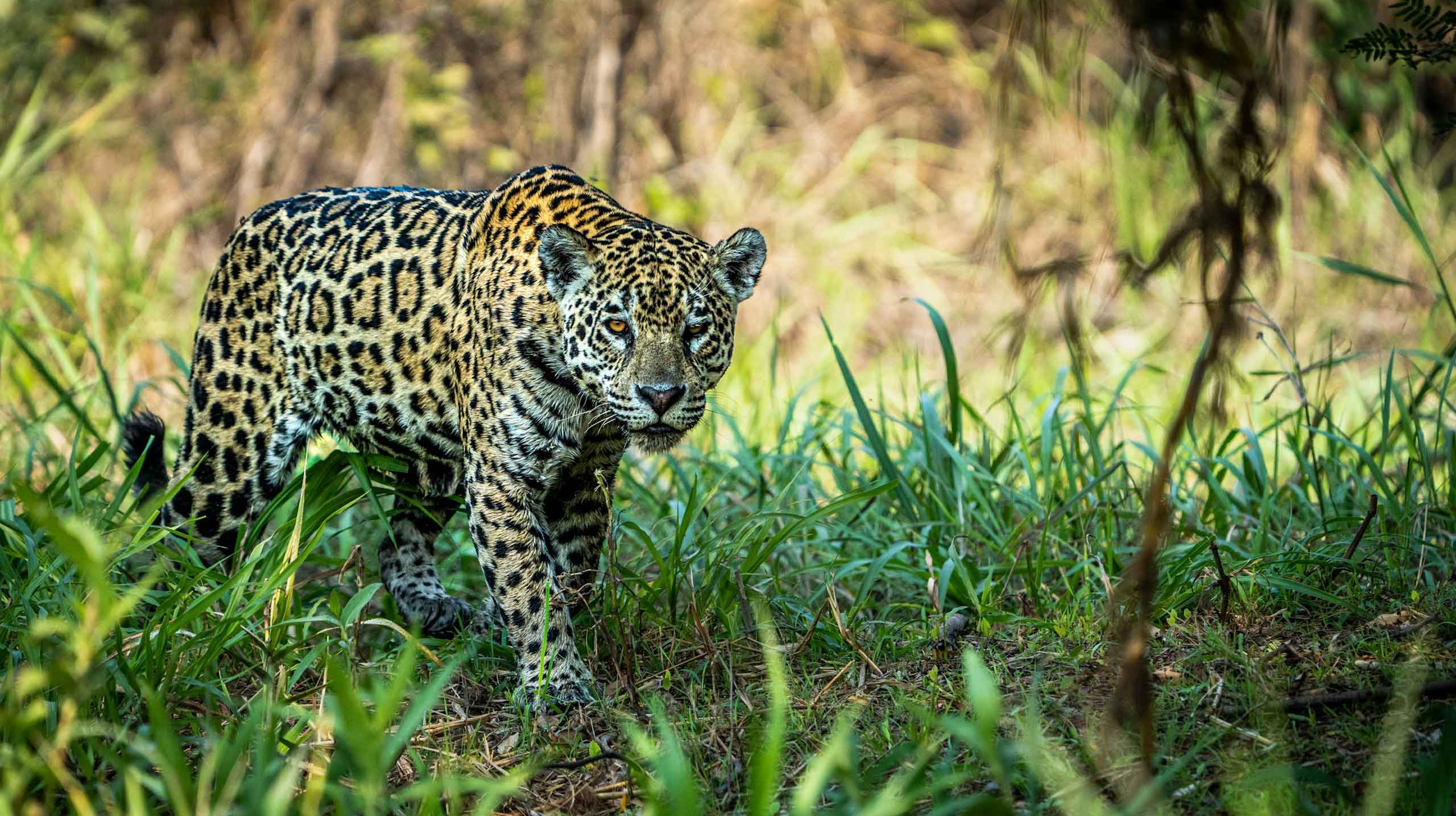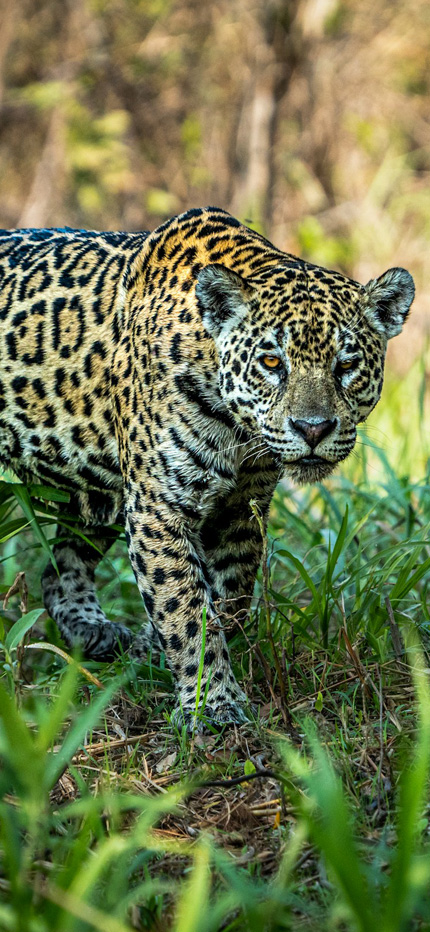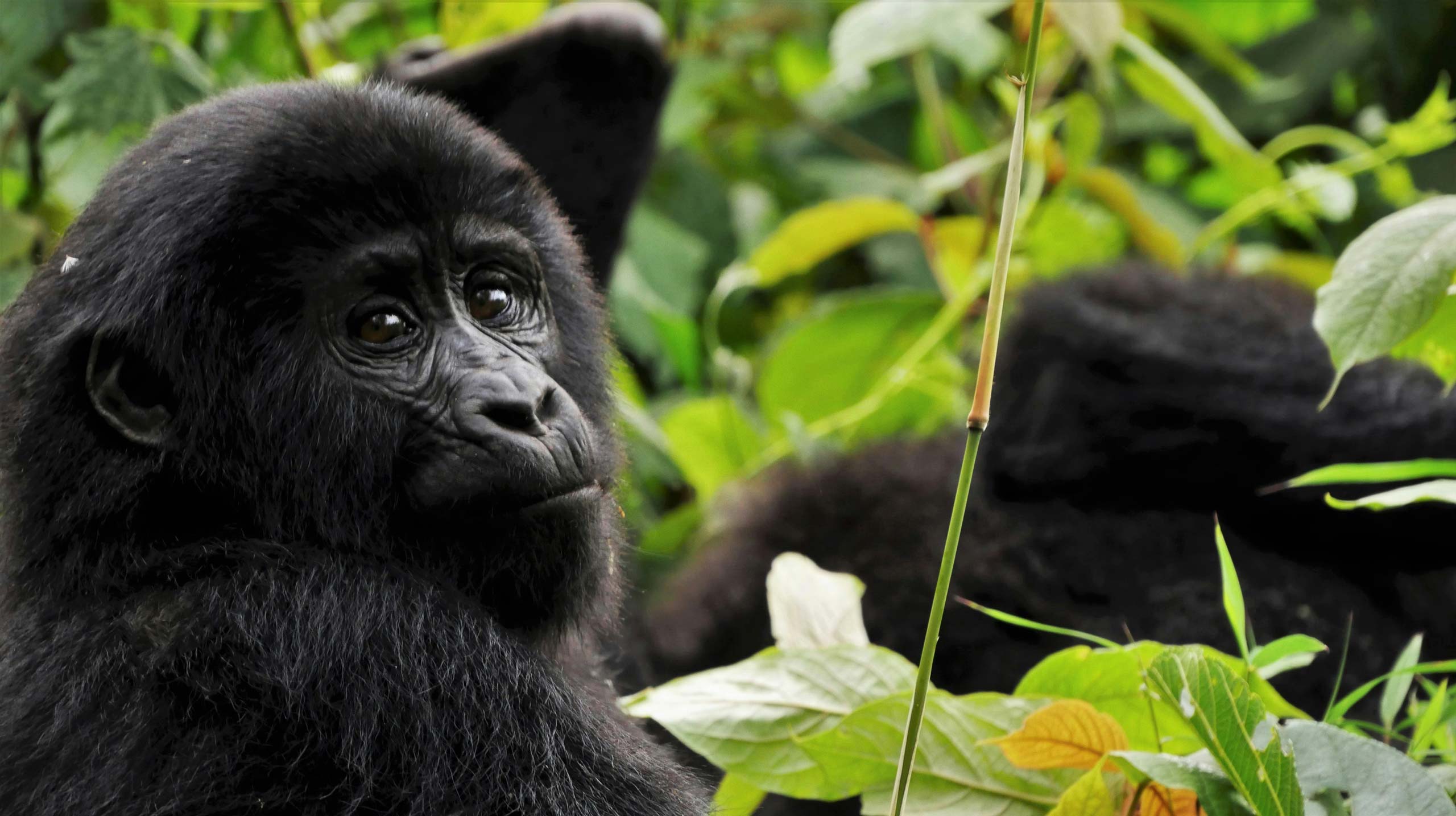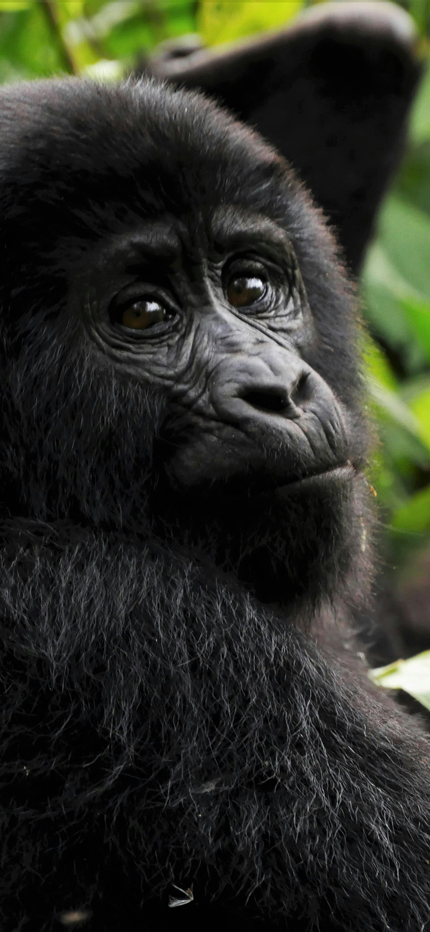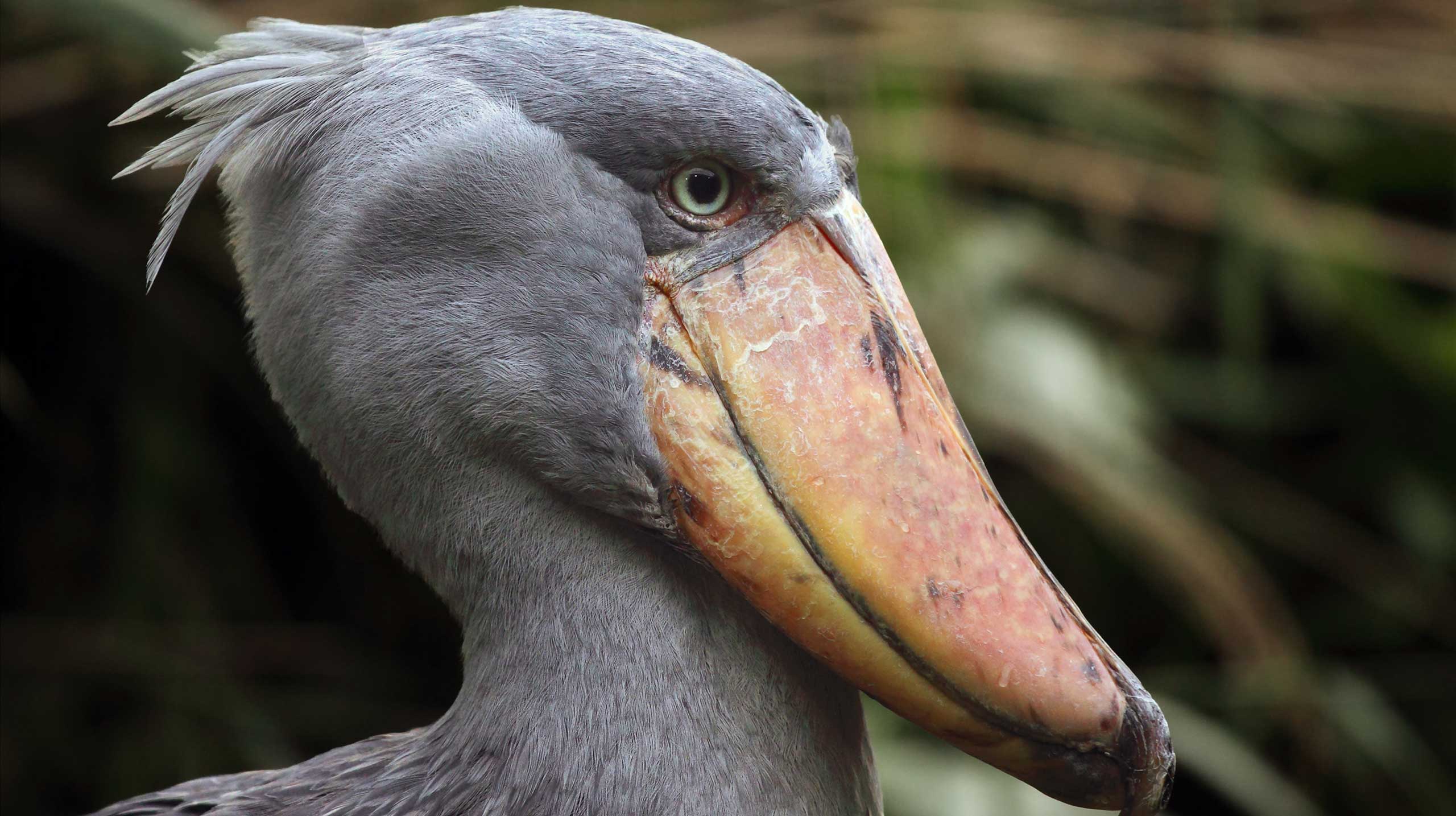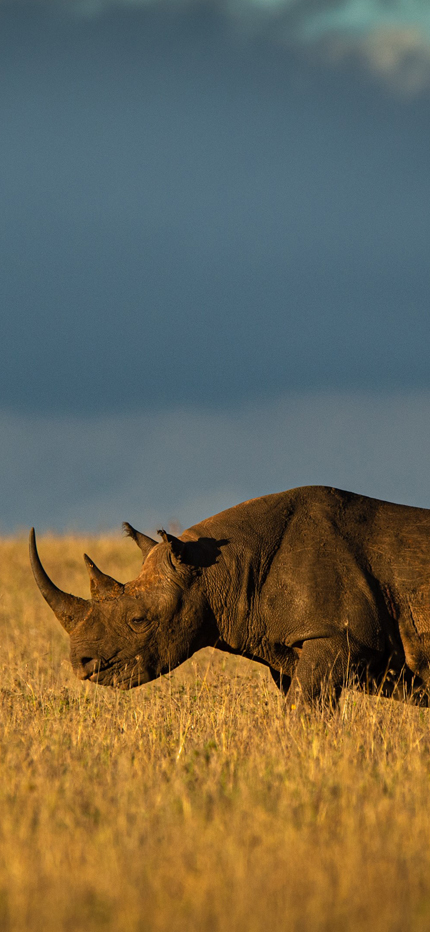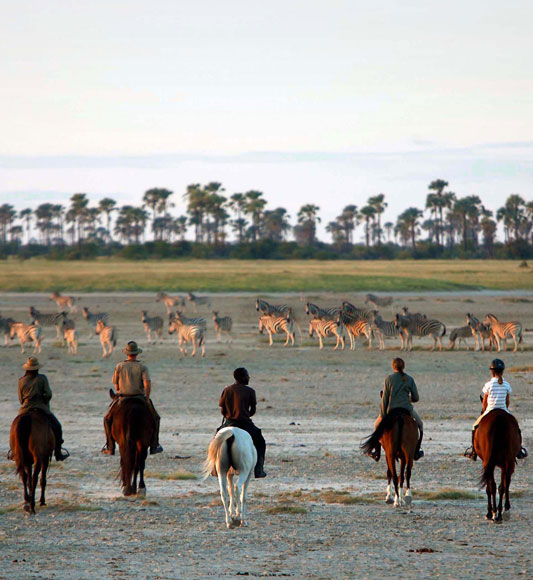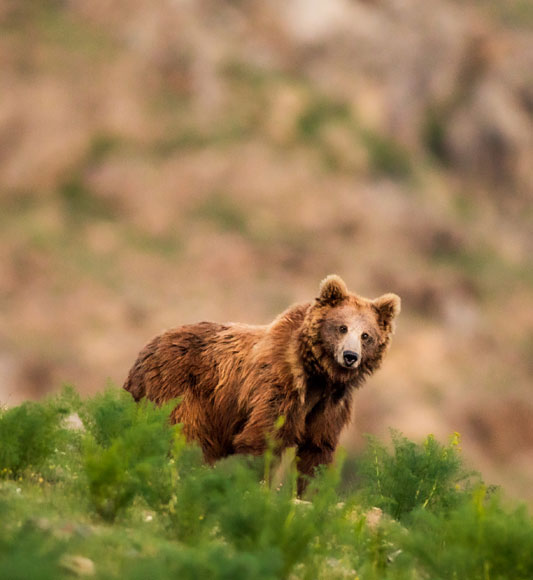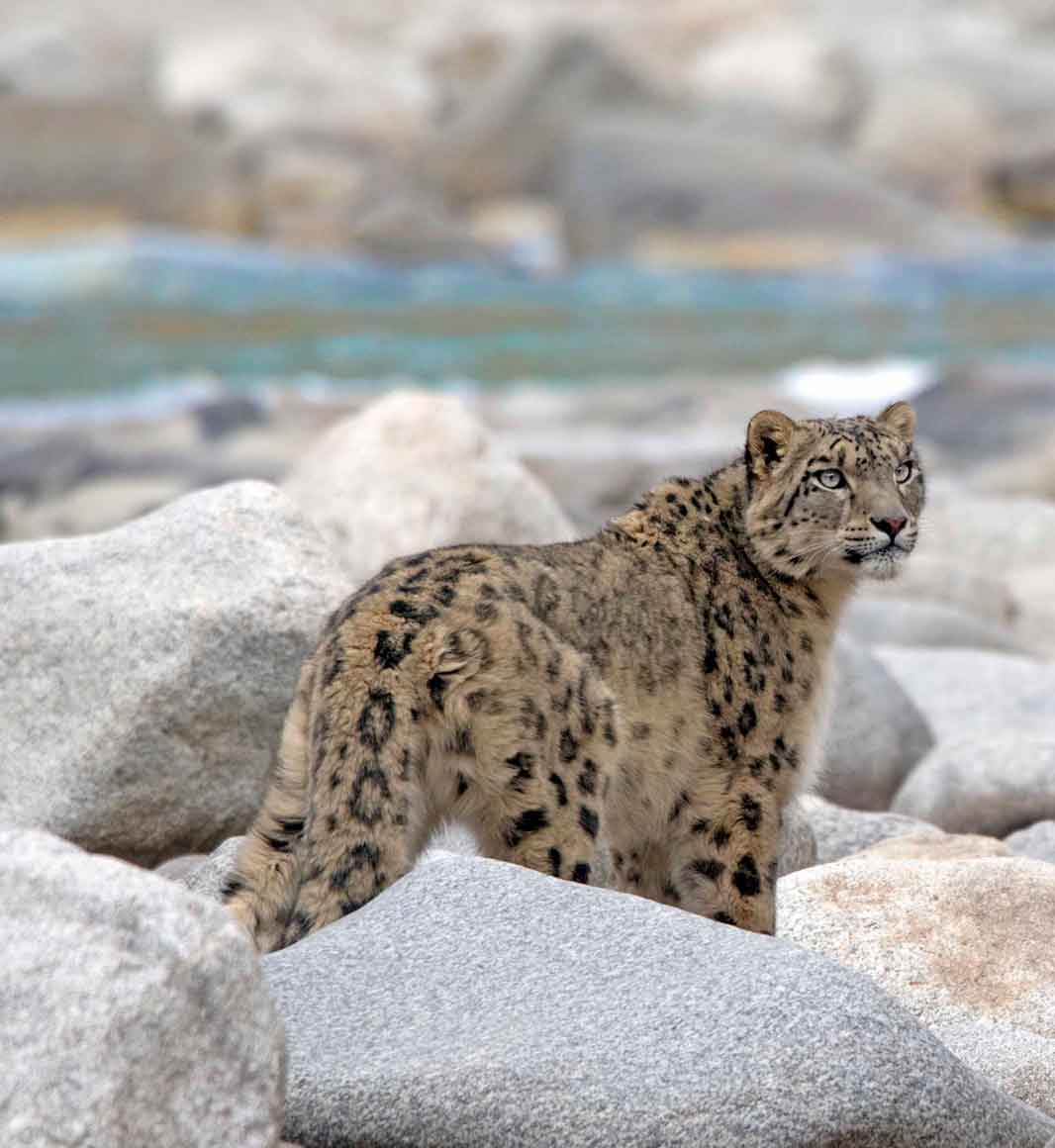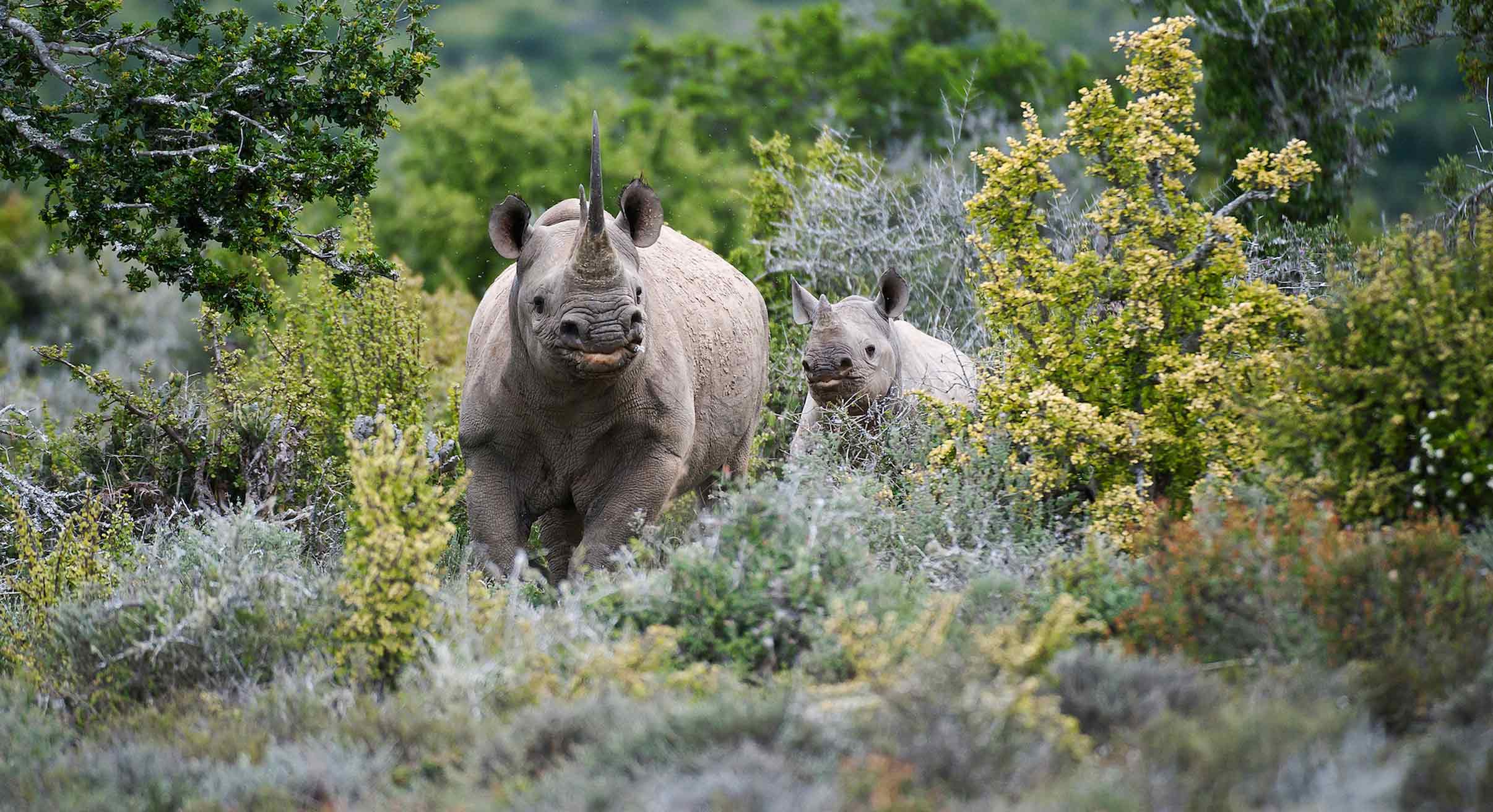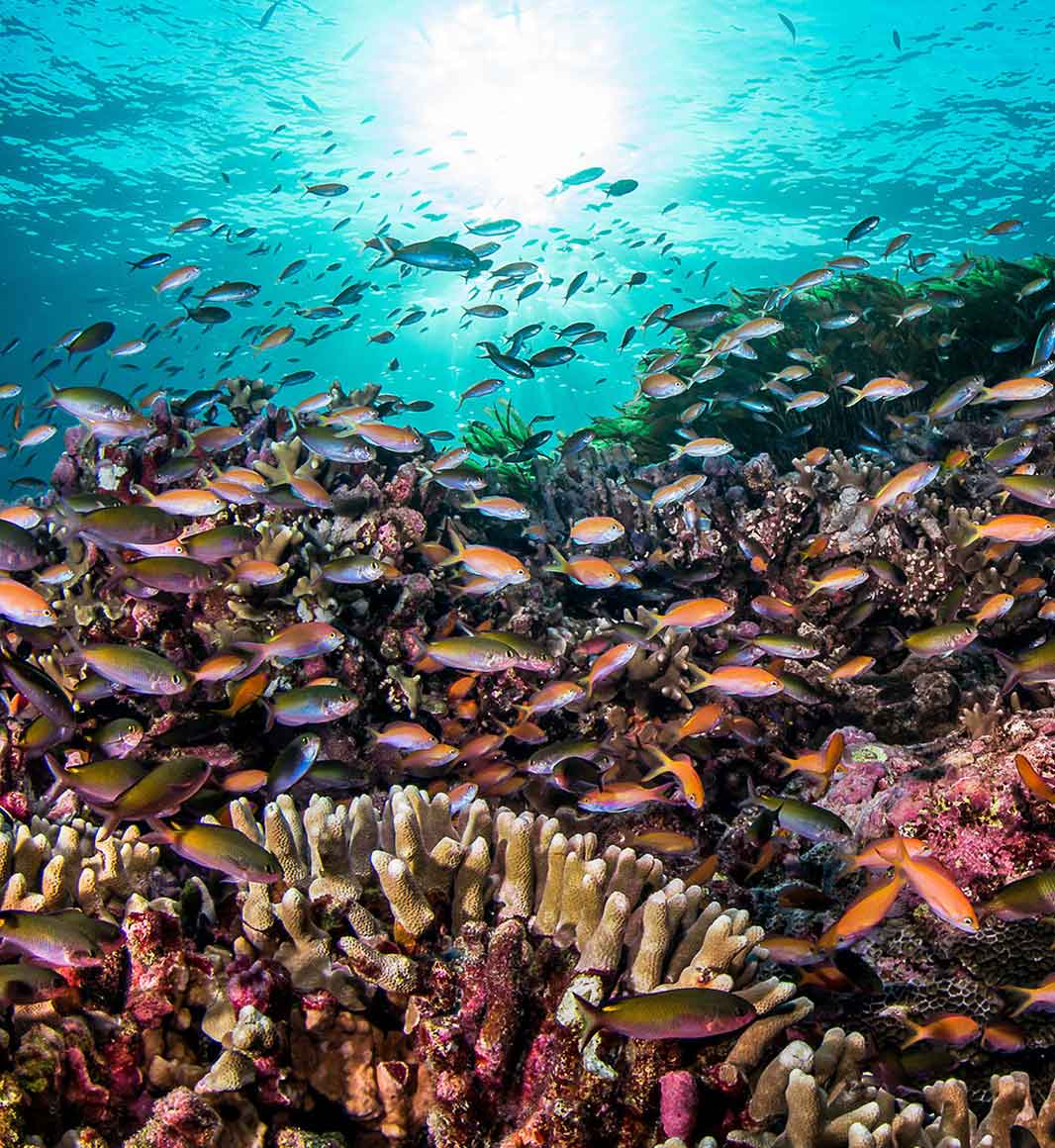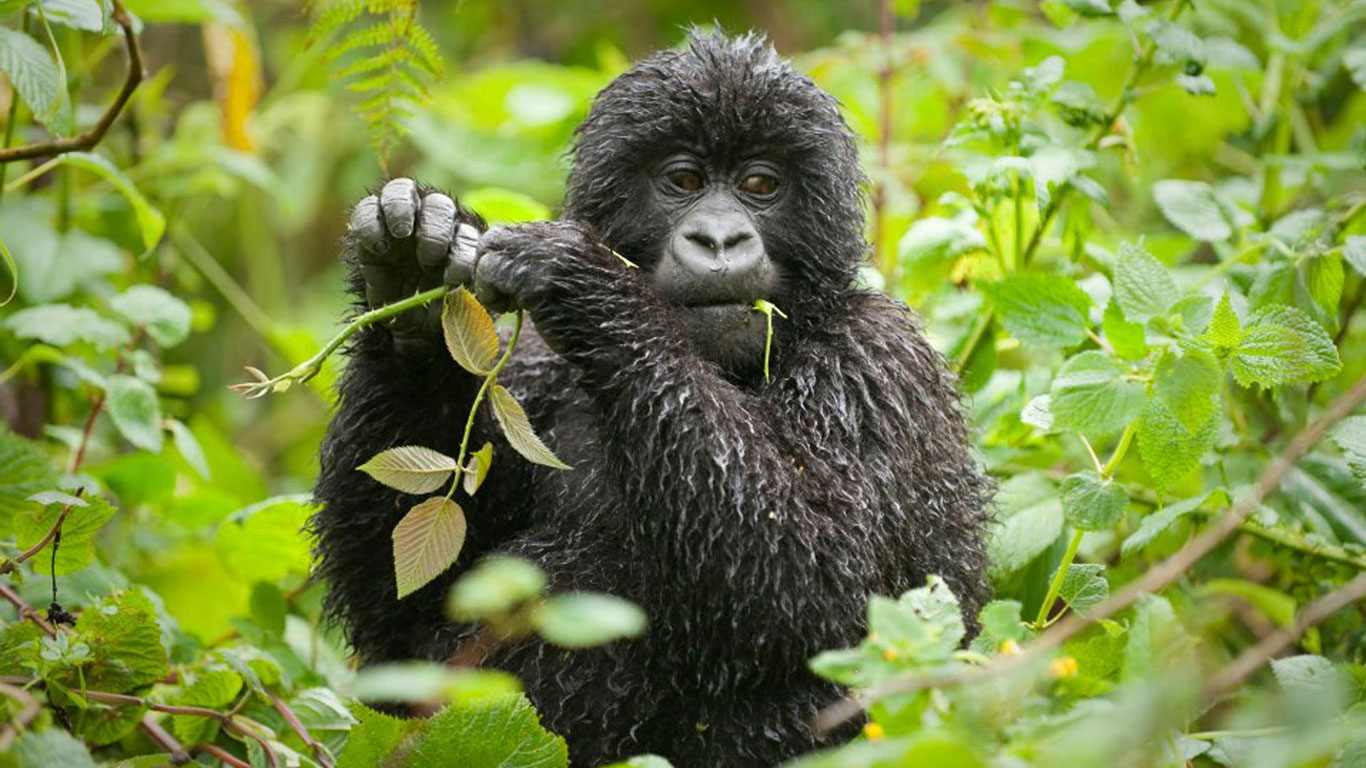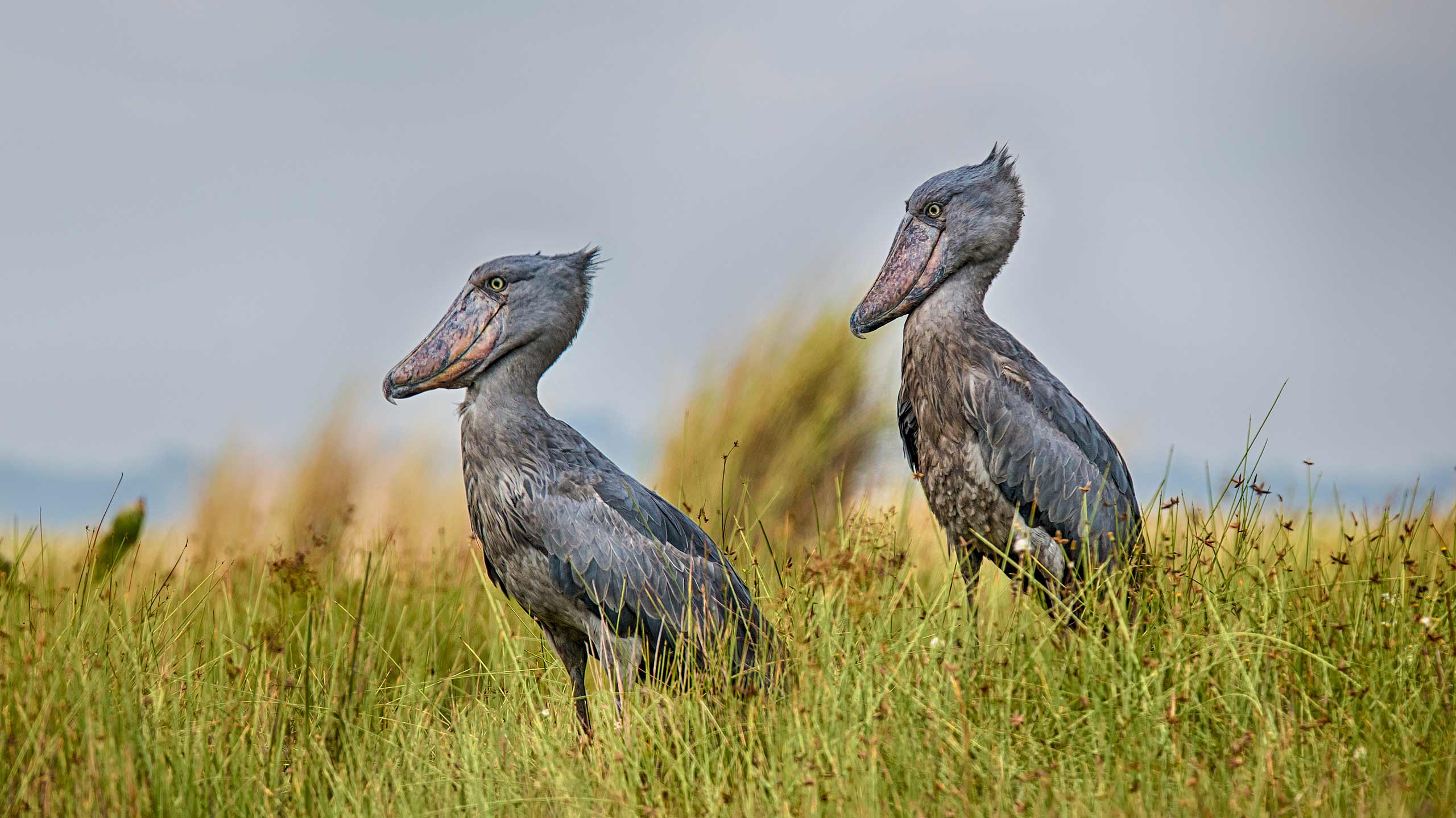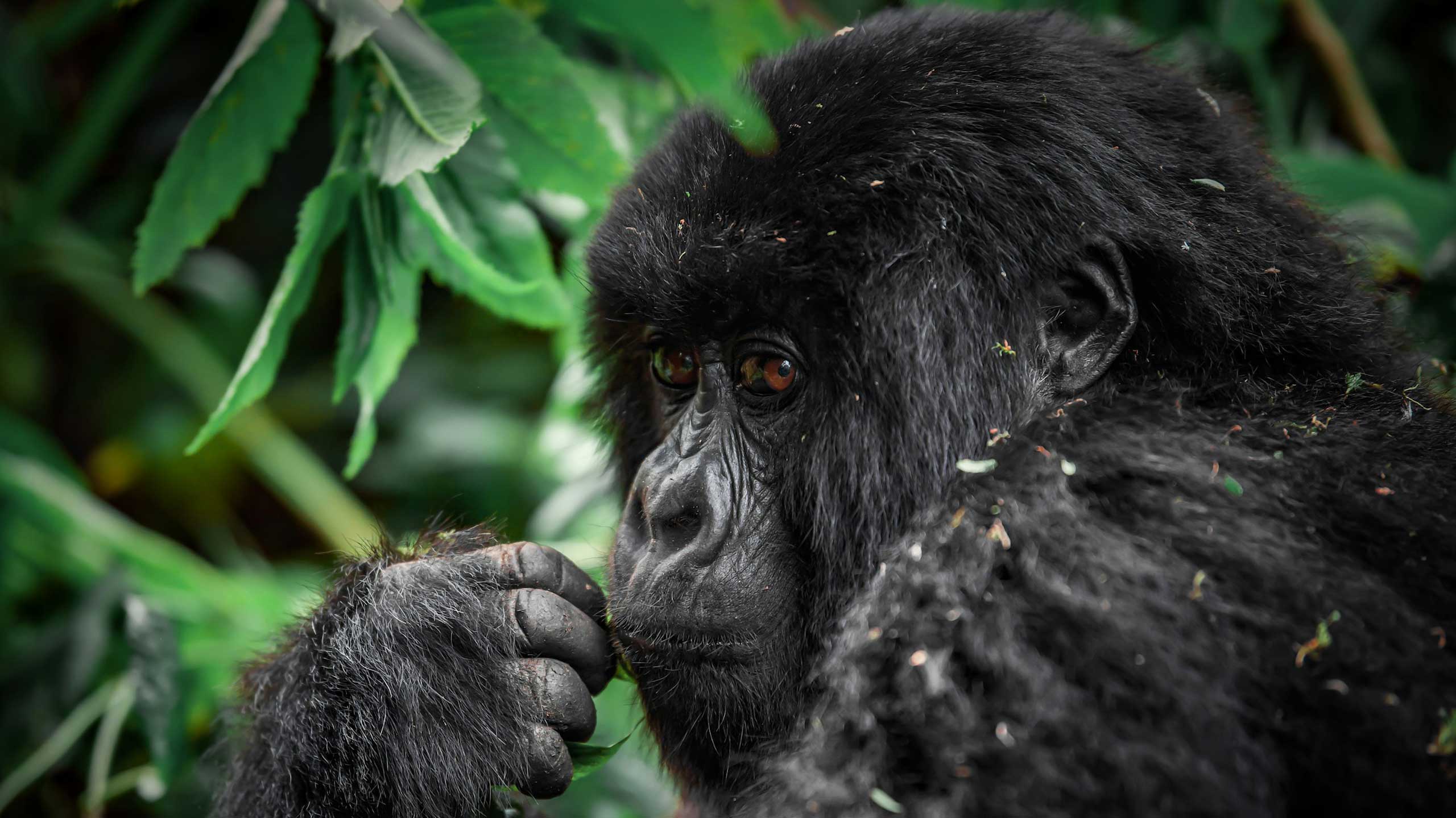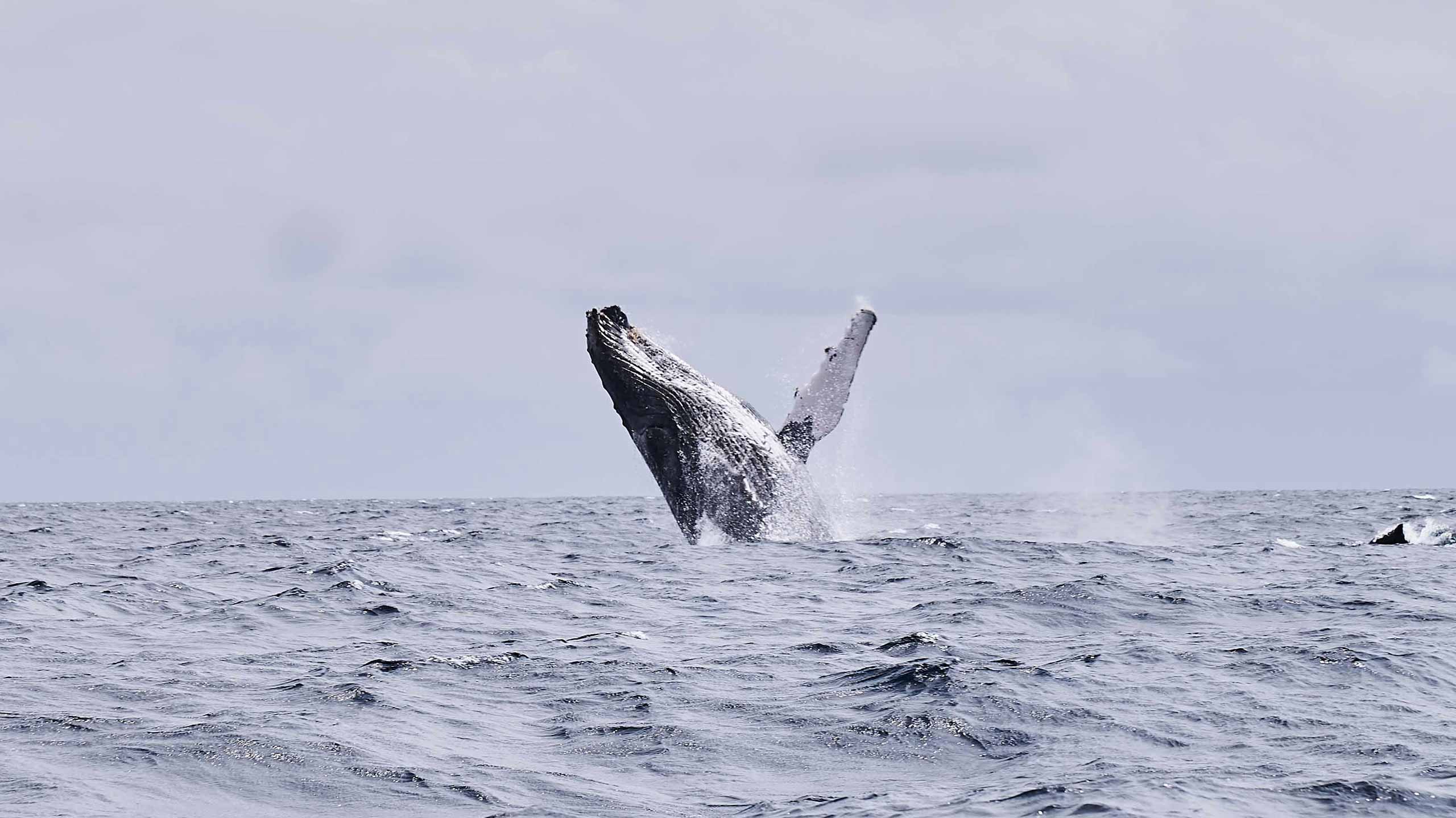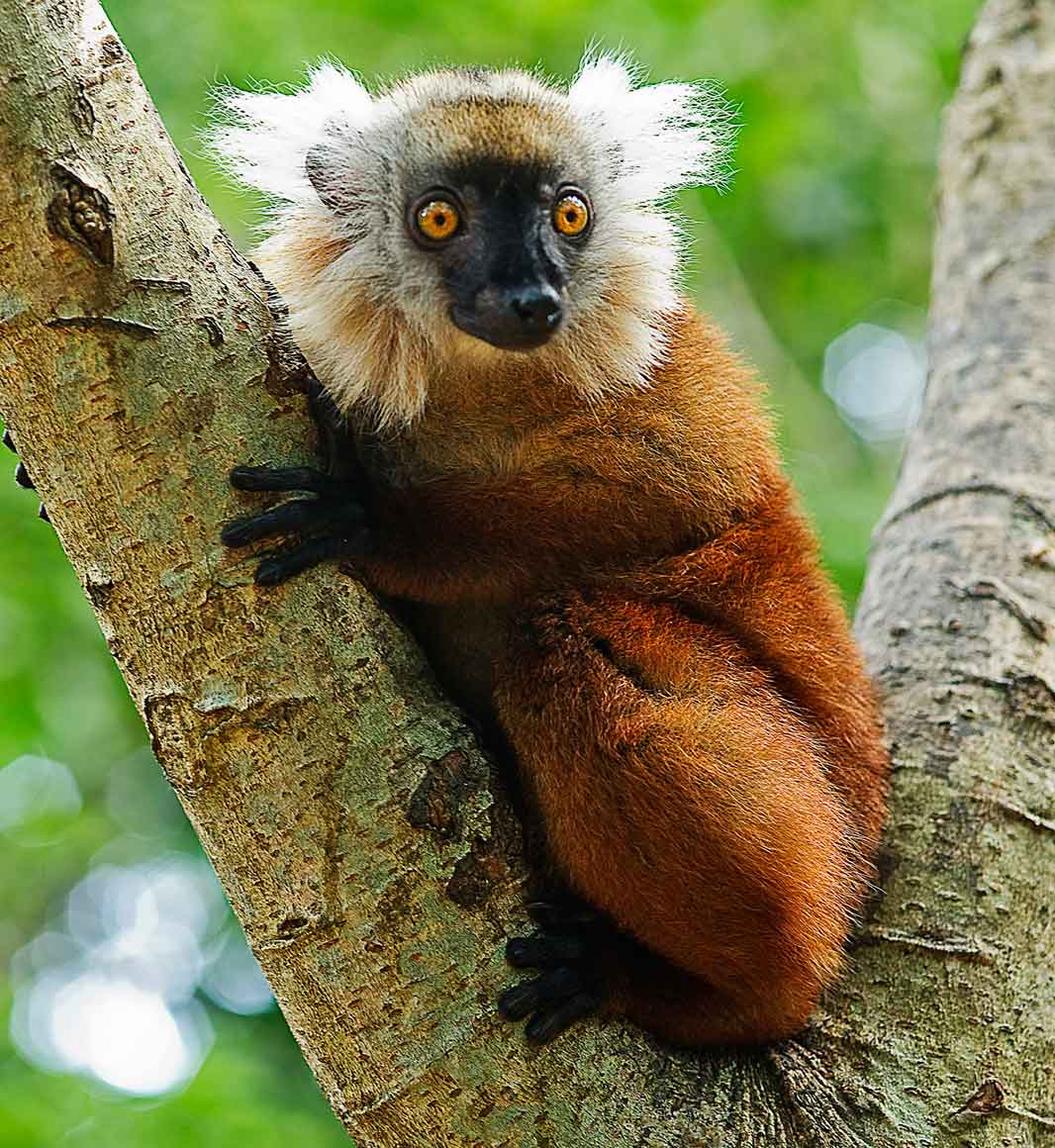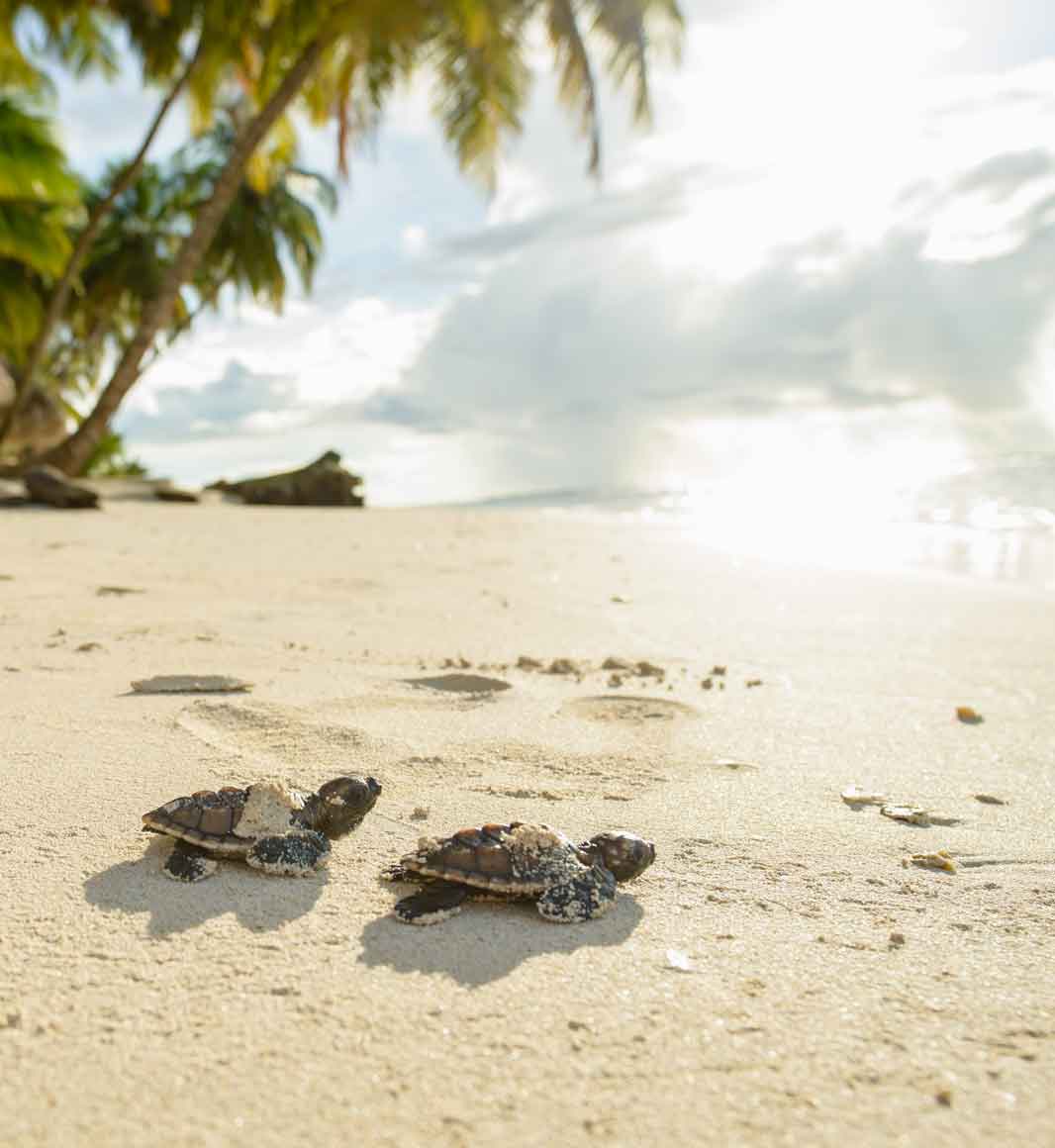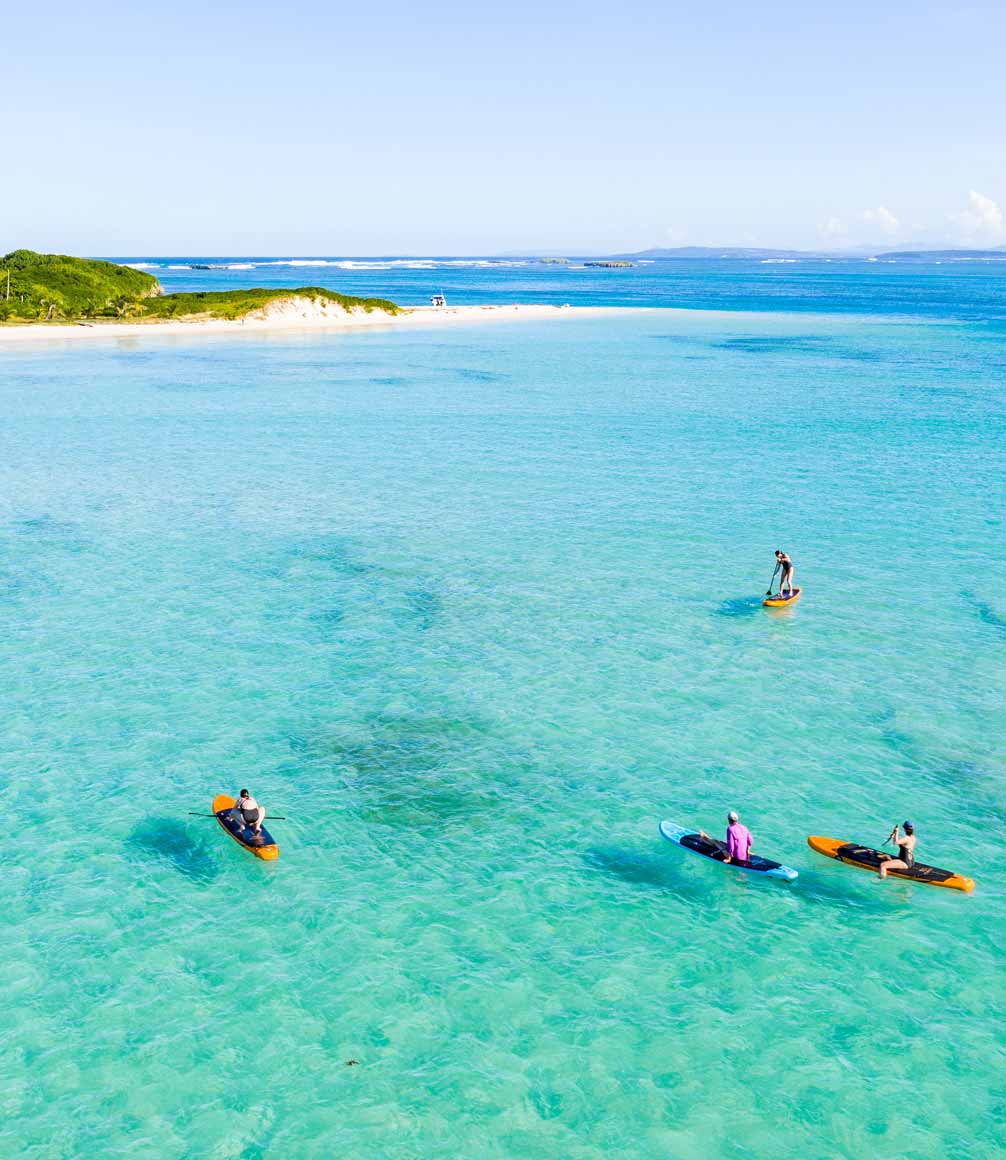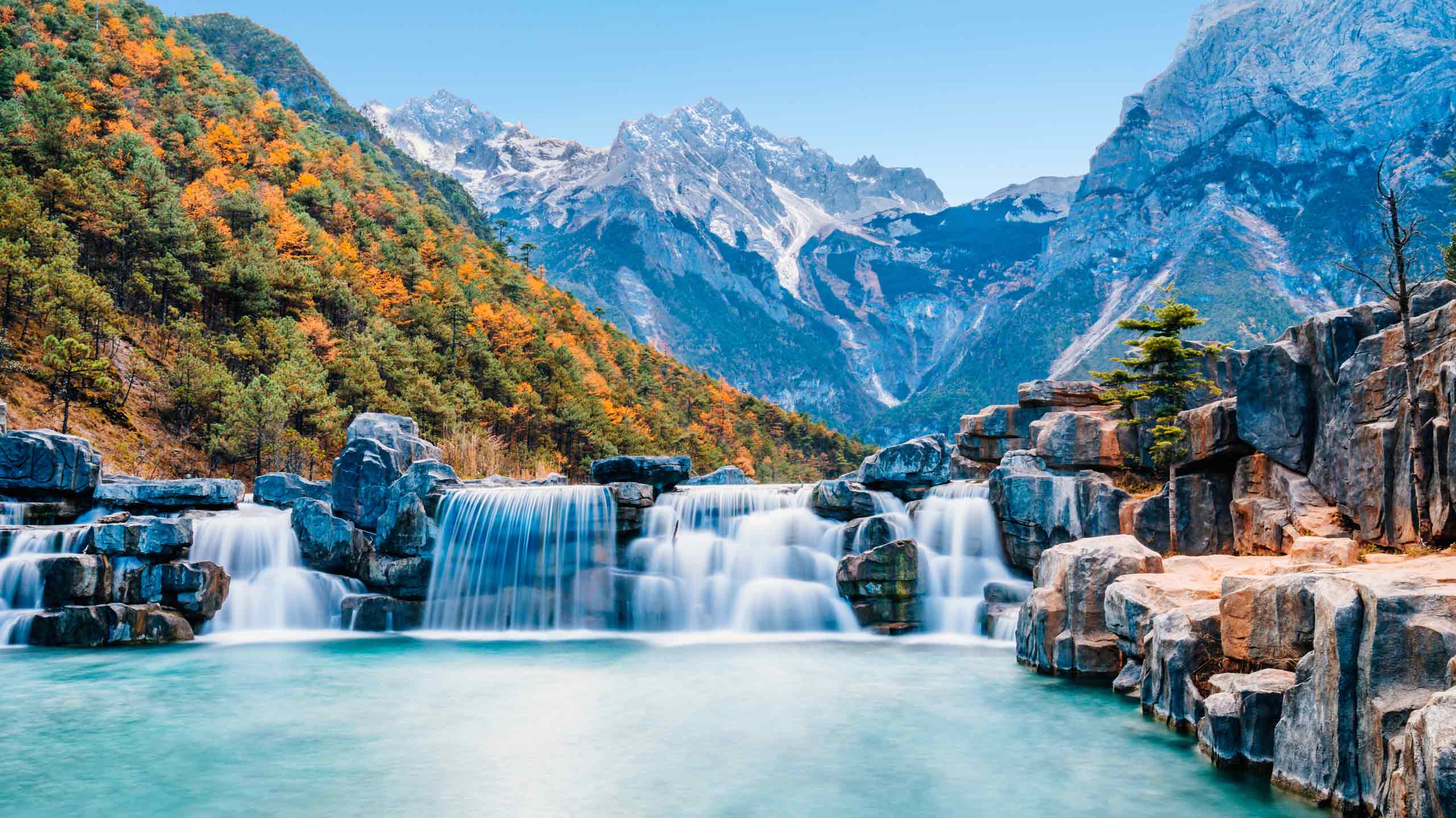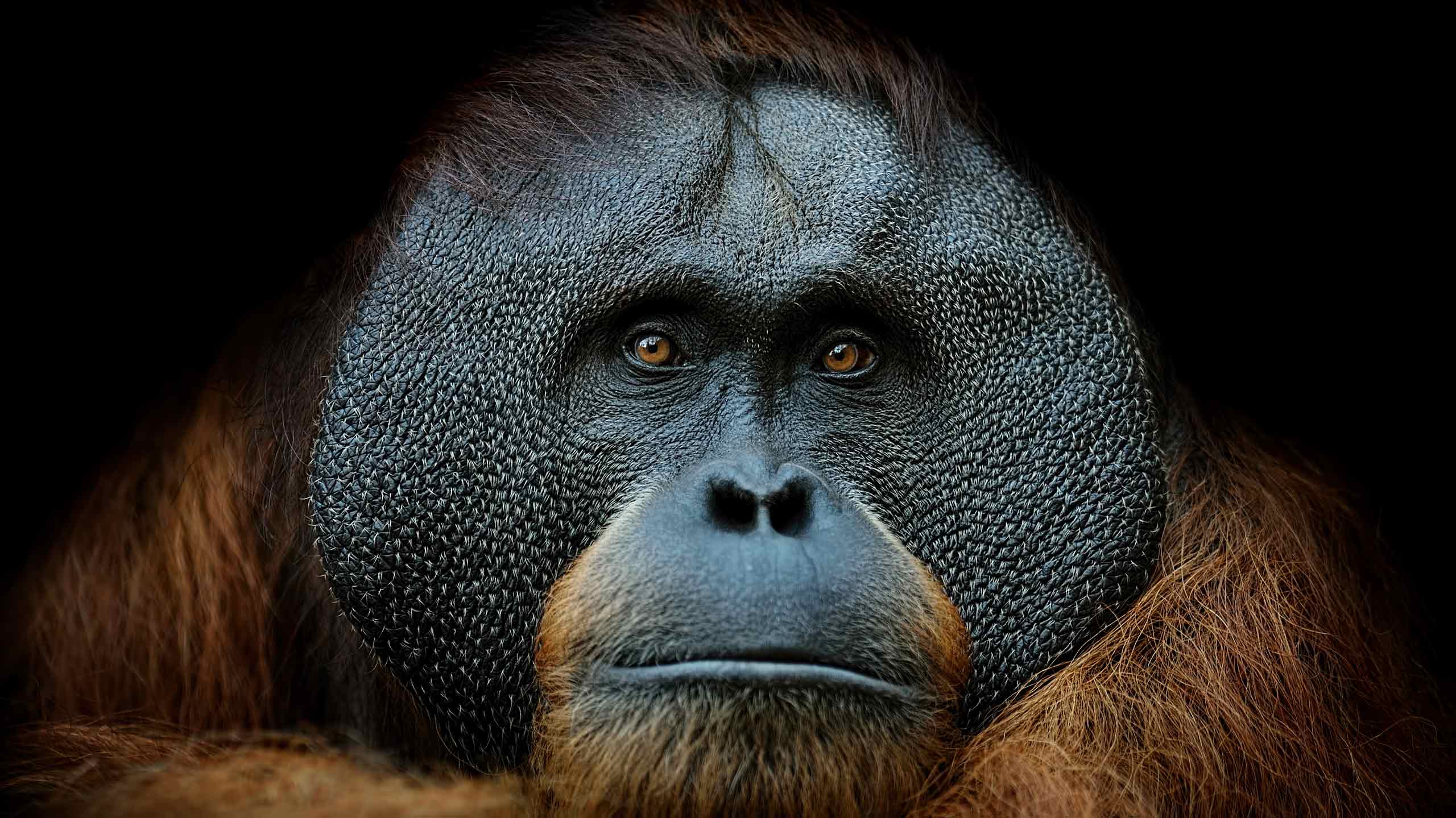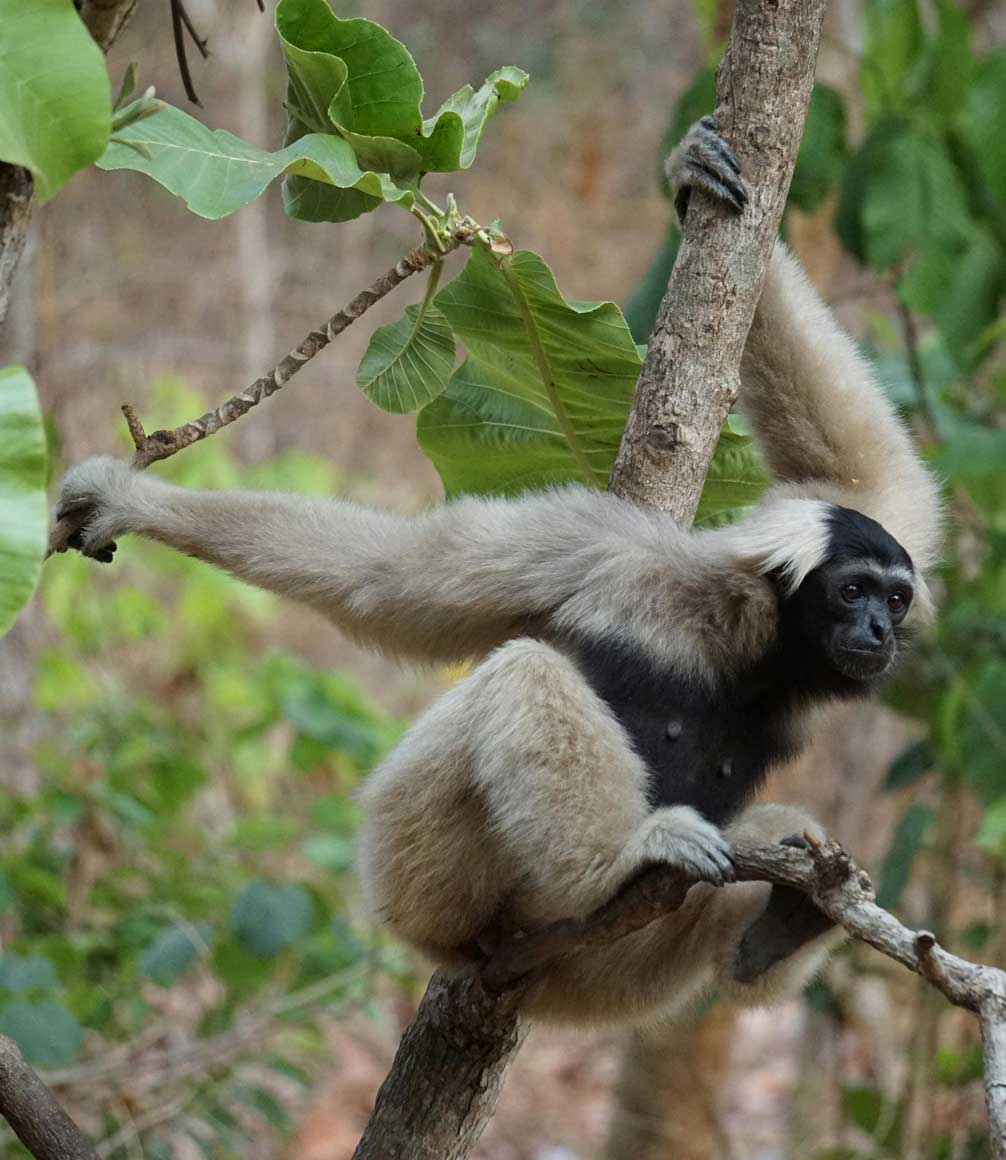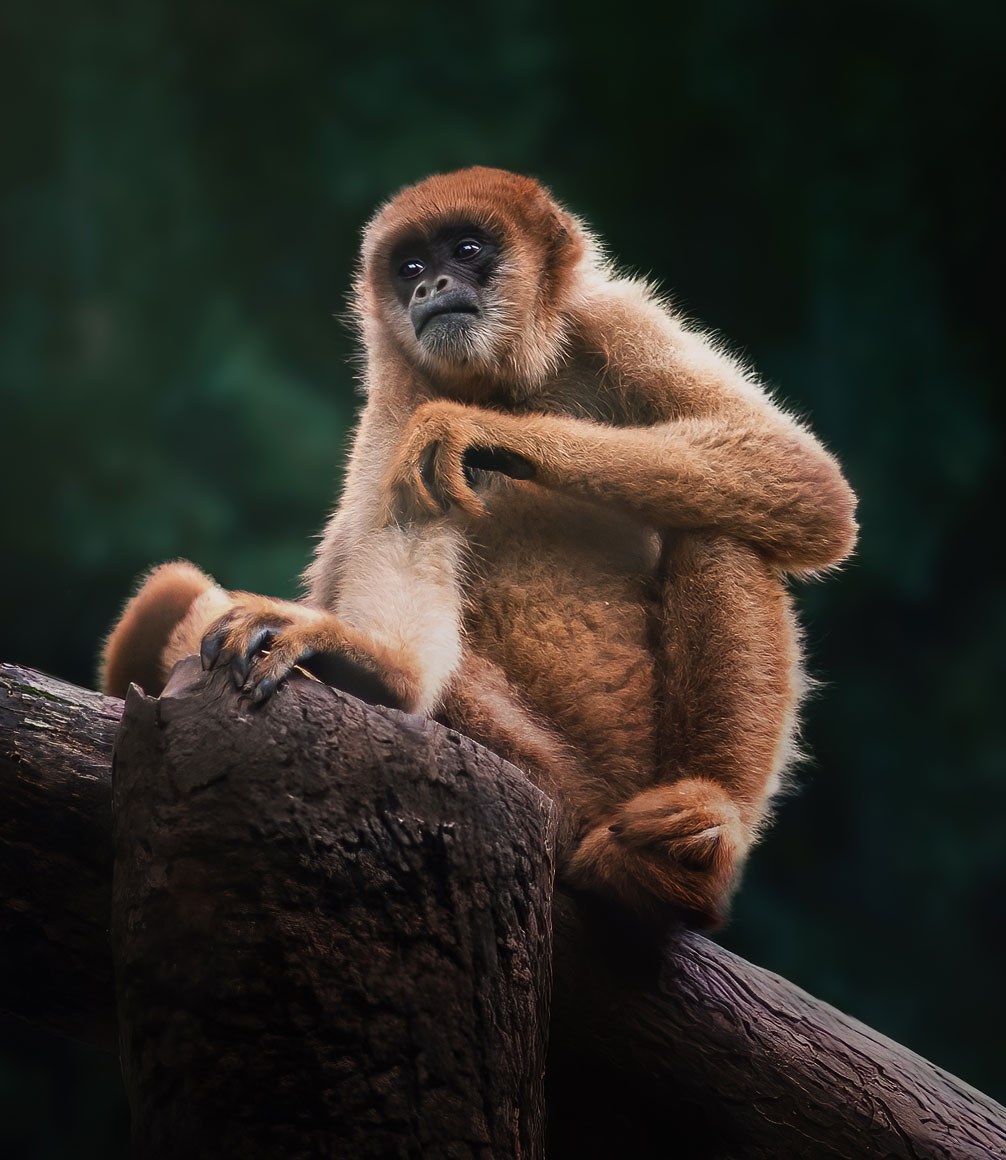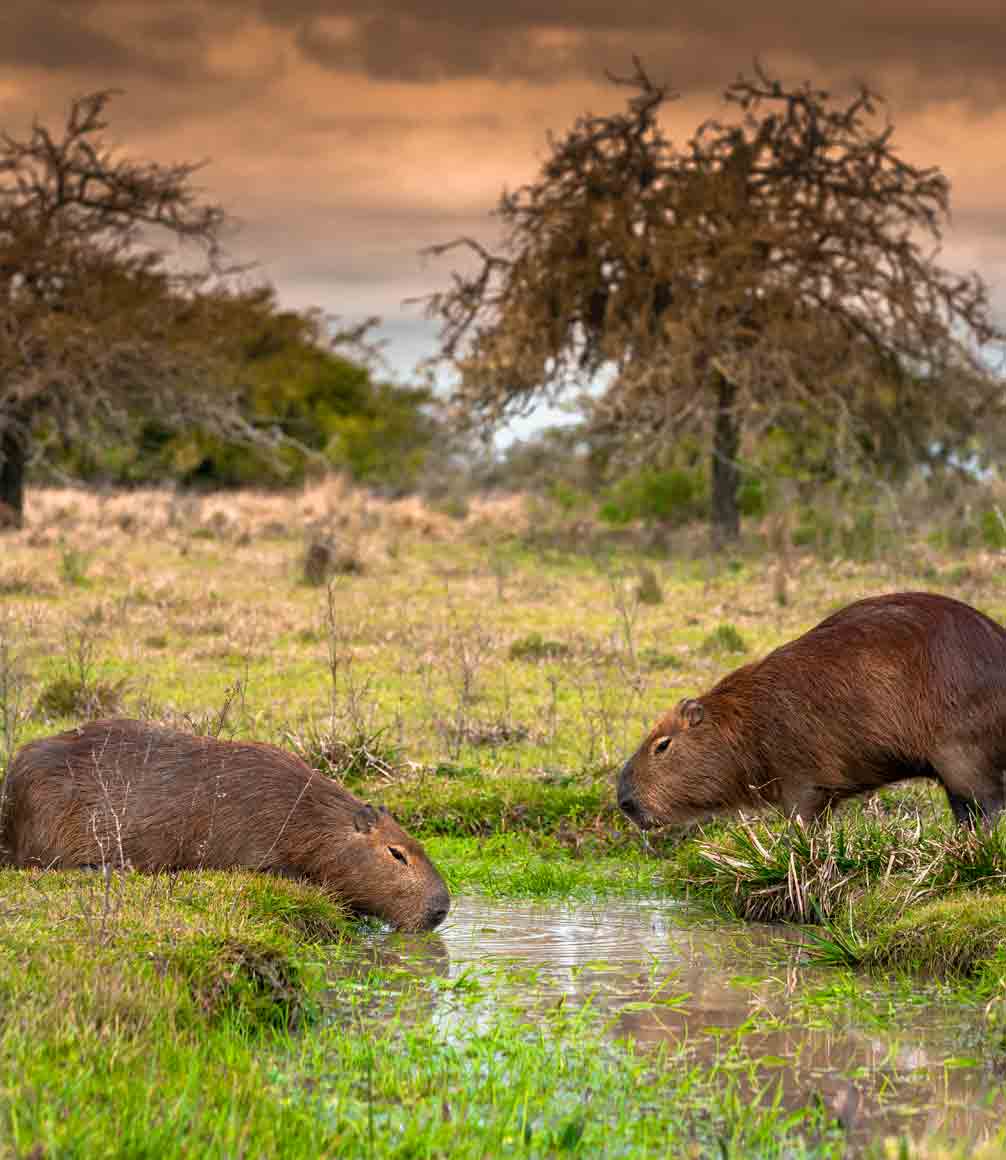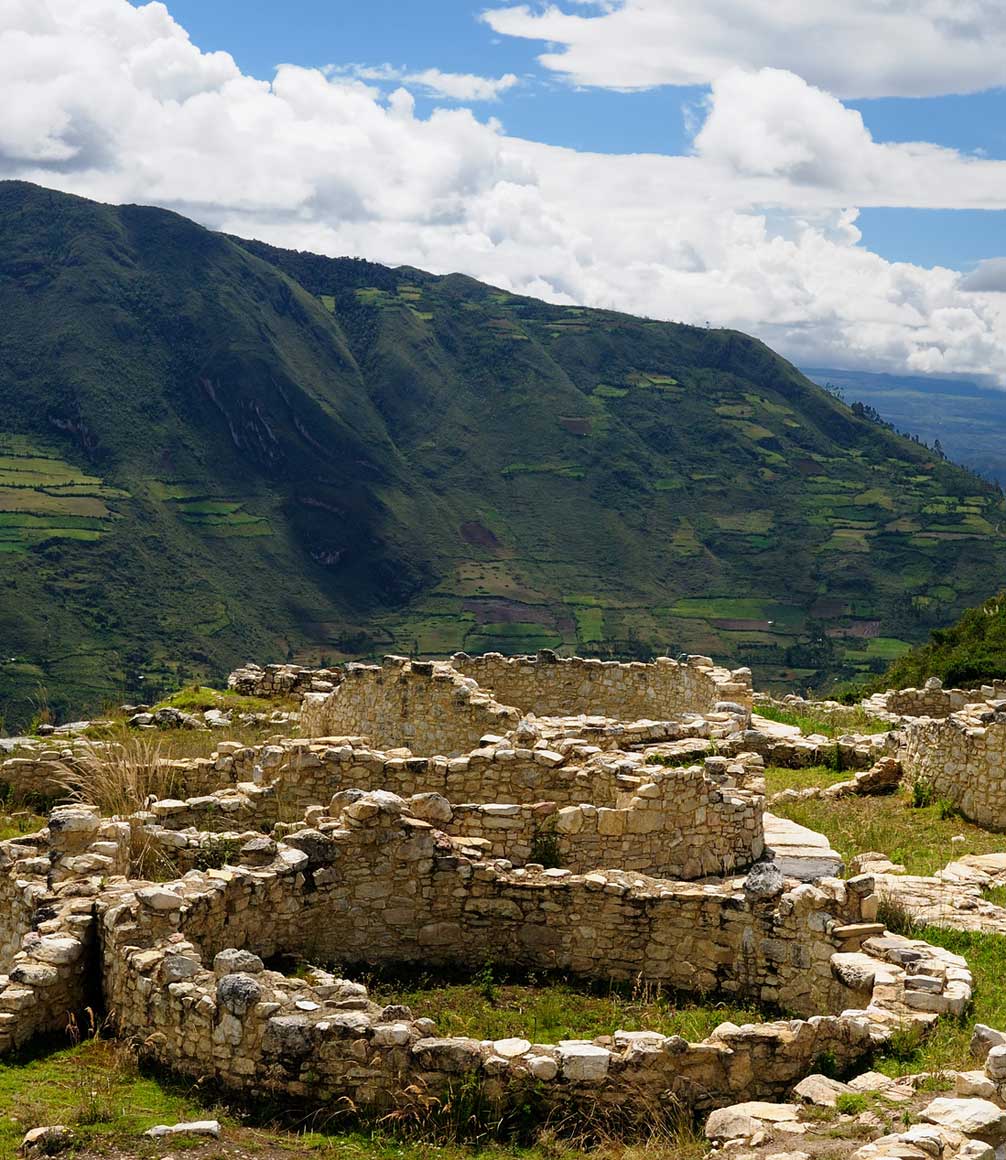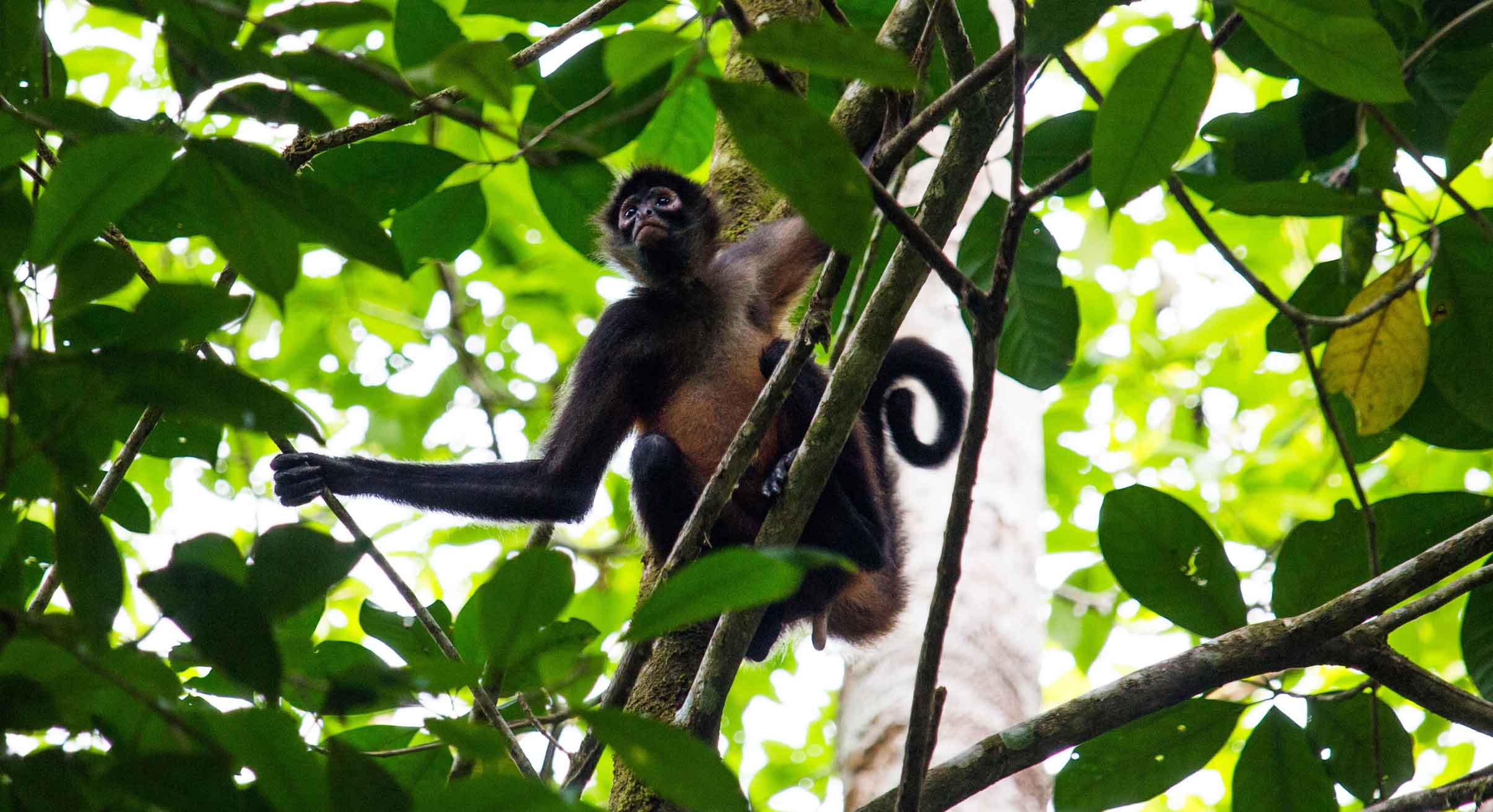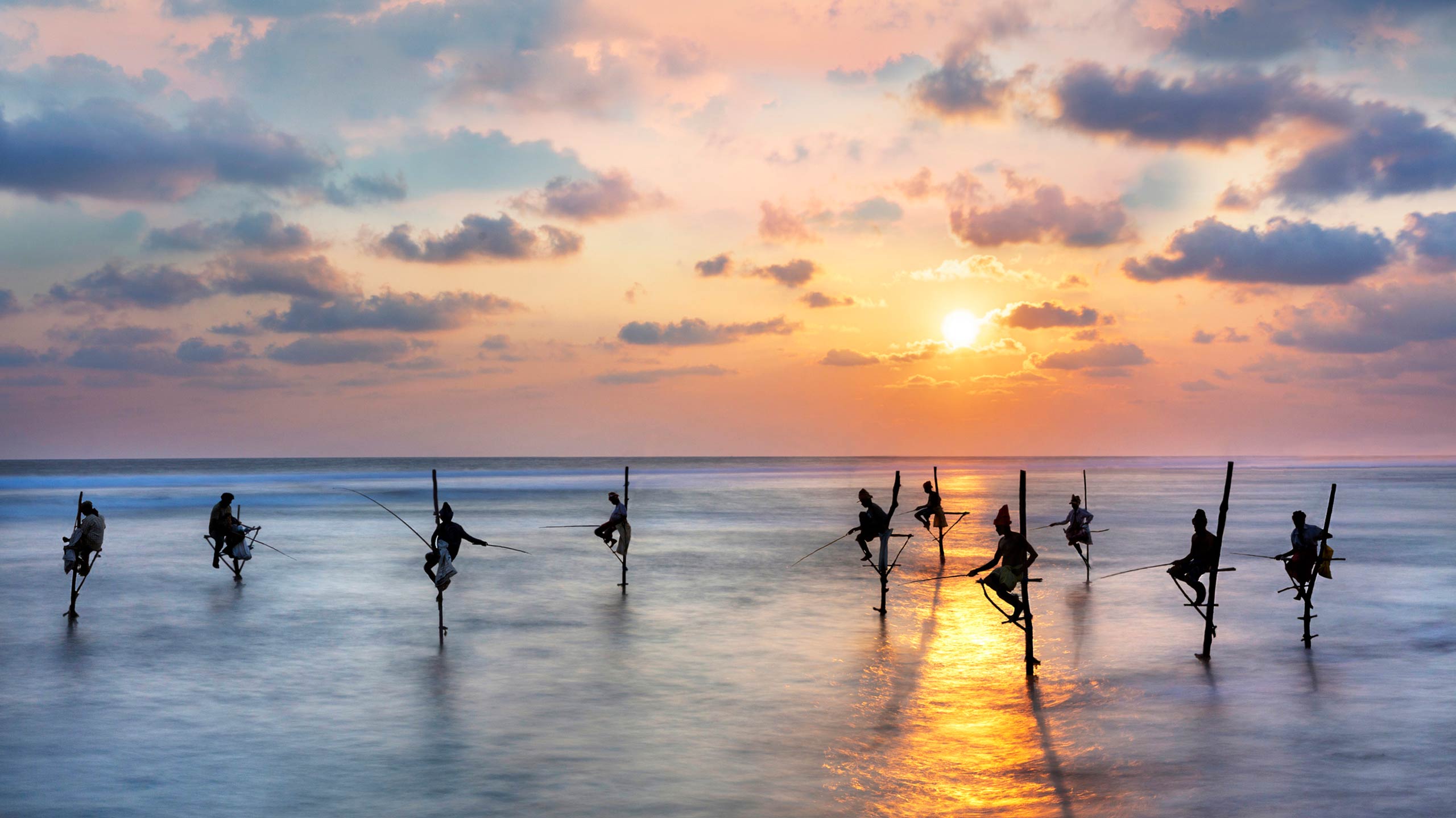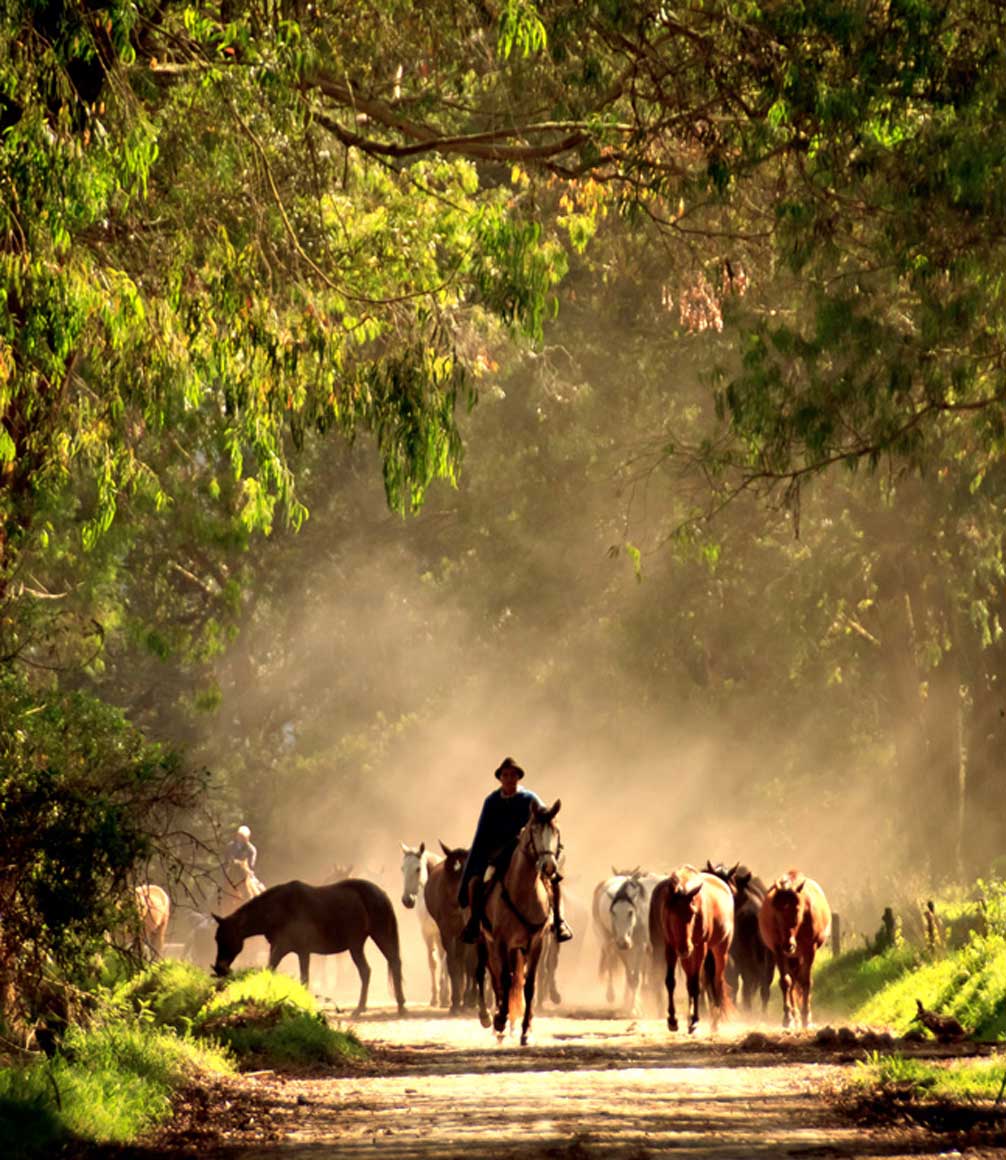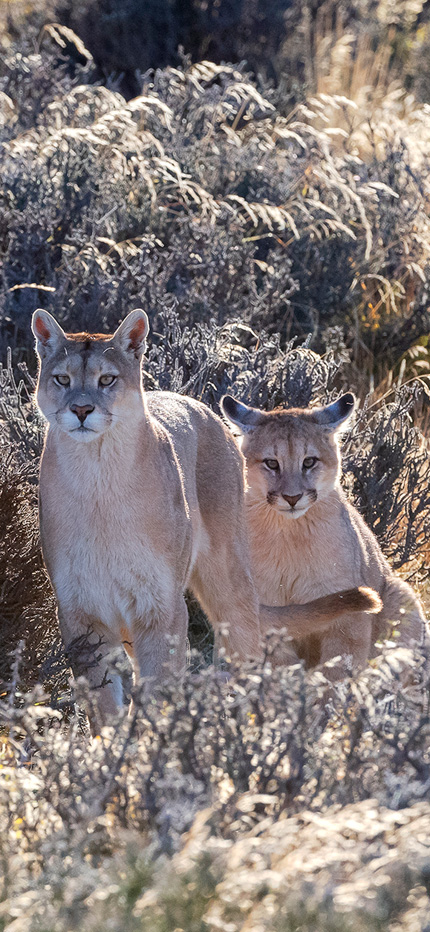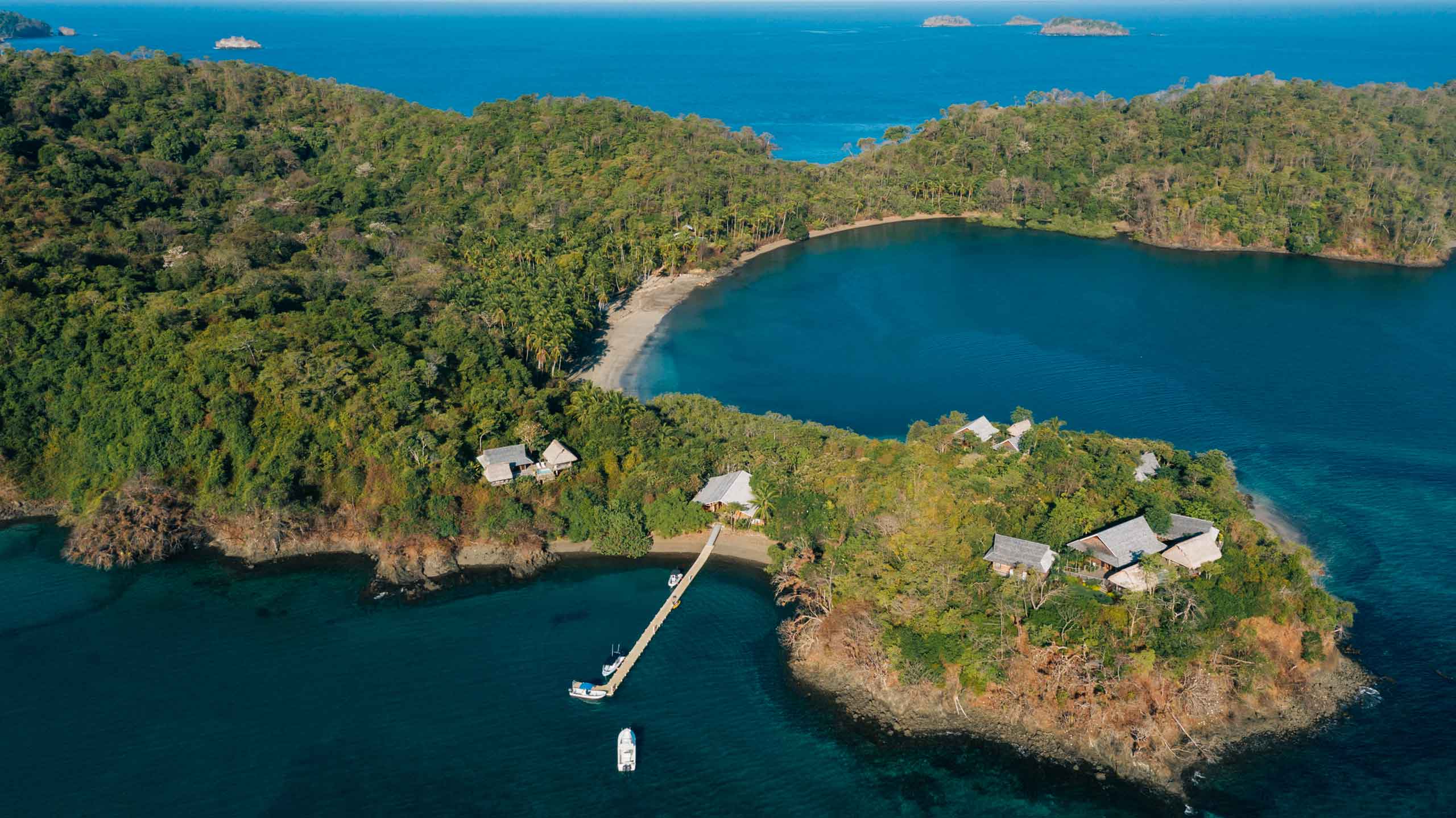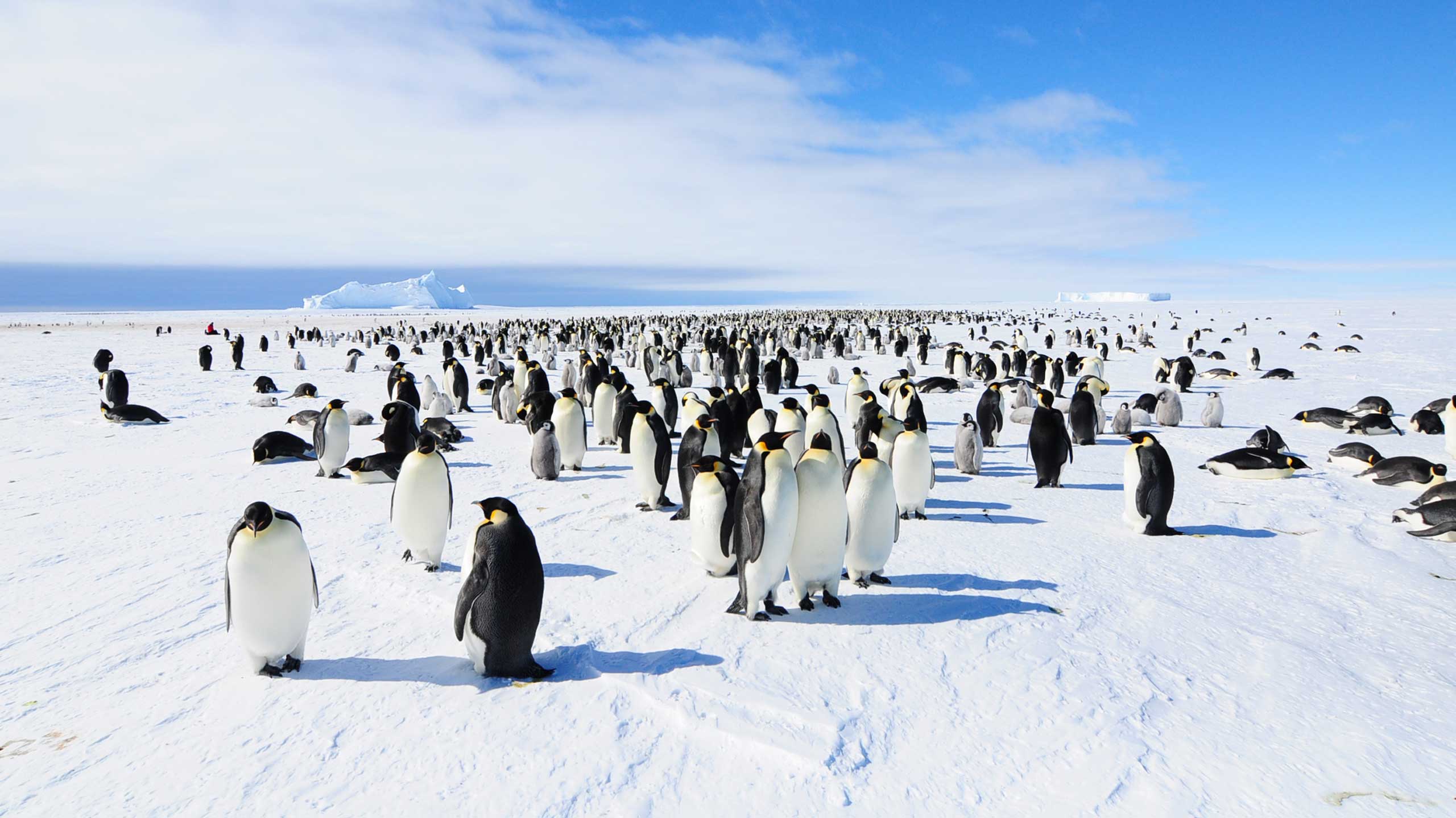From private walking, horseback and canoeing safaris in Africa to aerial safaris and custom-designed private wildlife photography trips focussing on a single species and accompanied by an expert in the field, we go the extra mile to curate a wildlife experience that really resonates with you.
We’re unashamedly obsessed with wildlife at Explorations Company, and we love sharing that passion with our guests. Our specialist wildlife safaris suit either those with a very specific set of safari demands, or old safari hands returning to a favourite destination but who want a wildlife experience that goes deeper than spotting the big five.
If you’re after the kinds of primal wildlife encounters that are simply impossible from a safari vehicle, then few experiences awaken the senses more than hearing the alarm calls that betray a nearby leopard while on a walking safari in Zambia’s Luangwa Valley. Or riding alongside countless wildebeest as you follow the Great Migration on a horseback safari across the Serengeti. Take to the skies on an aerial safari above the desert vastness of Namibia or monitor Patagonia’s blue whales from the air. Quietly canoe past a resting jaguar on a Pantanal lagoon, or herds of wild Asian elephant in Kabini
"If you’re a keen photographer, we can bring in acclaimed nature photographers to inspire you and help you hone your art."
If you’re hoping to encounter a particular species you’ve always dreamed about, we don’t just offer gorilla treks and tiger safaris, wonderful as these are. We’ve taken our guests to see anything from golden snub-nosed monkeys in the forests of Yunnan to snow leopards in the rugged snowcapped mountains of Ladakh; maned wolves in Bolivia to dragonflies in Botswana; Wilson’s bird of paradise in New Guinea to the Araripe manakin in northern Brazil.
If you’re a keen photographer, we can bring in acclaimed nature photographers to inspire you and help you hone your art. We can even help wean your children off their digital devices, if only for a week or so, by having them learn how to make a natural history documentary with a leading wildlife filmmaker.
Ready to take the road less travelled?
